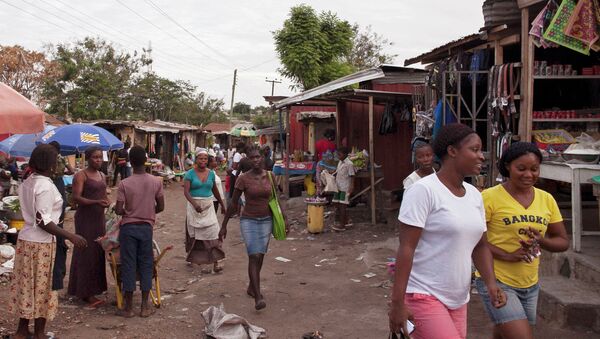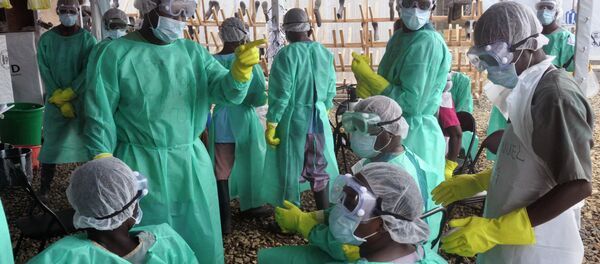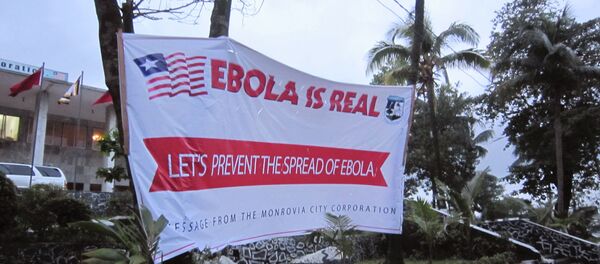“Nearly 20 percent of the Liberians who had stopped working since the Ebola crisis have returned to work in the last month,” the statement said.
The World Bank explained that return was partly because of large wage increases in urban areas, but it warned that challenges to economic normalization remain as many Liberians are still out of work.
“A substantial percentage of those working pre-crisis remain out of work, however,” the statement said. “Those in self-employment continue to be the hardest hit by the Ebola crisis, pointing to a lack of working capital and a lack of customers as the main barriers to their operation.”
Nearly 85 percent of Liberians surveyed in December and January reported having sold their assets, sold or slaughtered livestock, borrowed money, spent savings, or delayed investments in order to manage, according to the statement.
The World Bank also said it has mobilized $1 billion to support the countries hardest hit by the Ebola crisis, including Liberia.
The World Bank is an international financial institution providing loans to developing countries for capital programs.




